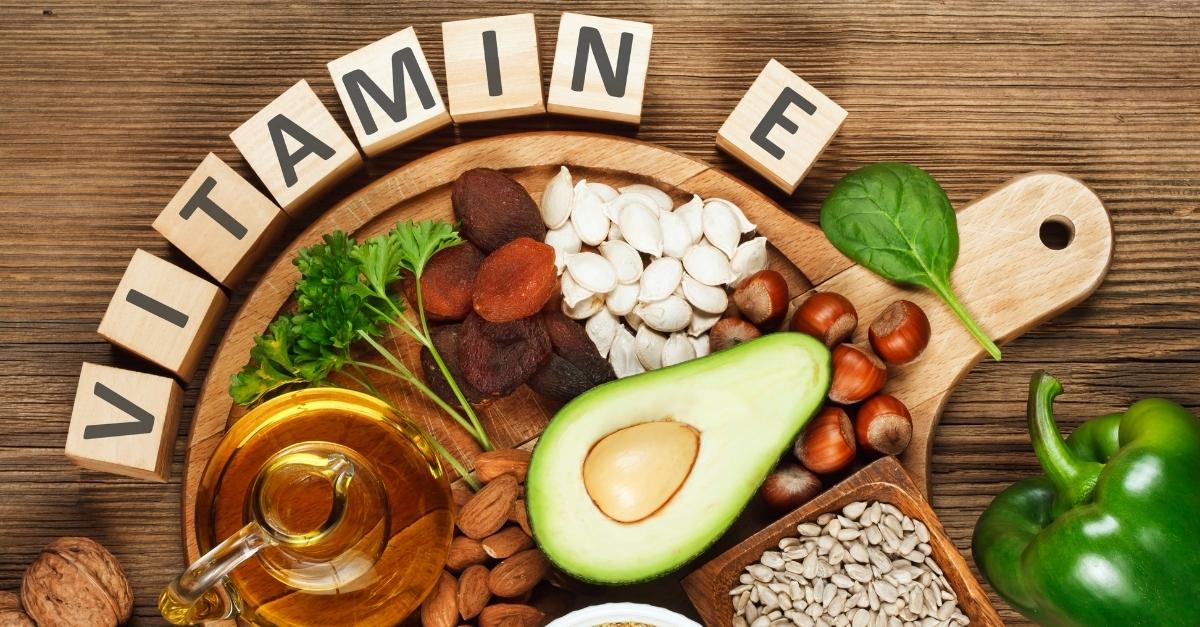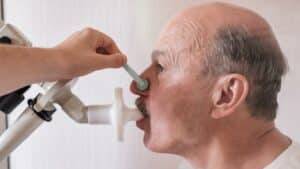There is a growing number of patients with chronic obstructive pulmonary disease (COPD) and other chronic lung diseases.
This makes for an excellent reason to pay more attention to your lung health.
One way you may be able to improve the health of your lungs is with vitamins, and in this article, we two of the best vitamins that are good for your lungs.
2 Vitamins That Are Good for Your Lungs
Our Lung Institute health care team knows that specific vitamins can be good for the lungs.
However, we’re also aware that you may not know which vitamins best support your lung health.
Vitamin E
One vitamin that effectively supports lung health is vitamin E. Vitamin E is a powerful antioxidant, and this quality may be particularly helpful if you have a chronic lung condition.
Oxidative stress caused by free radicals and toxins is one factor that often causes damage to your lung tissues if you have a chronic lung disease, but antioxidants, like vitamin E, may help the body remove free radicals and toxins before they can cause more damage to your lungs.
Vitamin E may also help to reduce lung tissue inflammation, and it’s available in supplement form or foods such as:
- Almonds
- Avocado
- Spinach
Vitamin D
A second vitamin that’s good for your lungs is vitamin D. This vitamin is commonly associated with regulating calcium levels and helping to build strong bones and teeth.
However, vitamin D may also help protect your lungs from respiratory infections. It has even been shown to help reduce the risk of COPD symptom flare-ups, which are known as exacerbations.
It’s also not difficult to get an adequate amount of vitamin D. For one thing, your body can produce it naturally from sunlight.
Vitamin D is also available in supplement form, and there are also high amounts of this vitamin in foods like salmon, tuna, and egg yolks.
Final Thoughts
Both vitamin E and vitamin D may have excellent benefits for your lungs, but there’s also something you should be aware of if you’re considering increasing the amount of these vitamins you’re taking.
This vital information is that both of these vitamins are fat-soluble, which means they can build up to toxic levels in your body and cause severe problems if you’re consistently taking in too much of them.
Therefore, it’s a good idea to consult your doctor before increasing your intake of vitamins E and D.
Further Reading: The Best Vitamins For Lung Repair

Christine Kingsley, APRN is the Health and Wellness Director at the Lung Institute where she focuses on providing helpful online resources for people looking for information on various lung diseases, breathing exercises, and healthy lifestyle choices. She advocates for holistic care that involves working with your doctor to explore all options including traditional and alternative care while focusing on diet and exercise as proactive measures.









